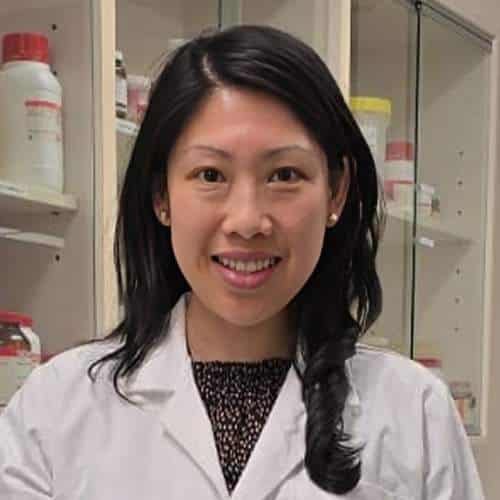Dr Melissa Khoo is a researcher at St Vincent’s Centre for Applied Medical Research.
Her research explores the mechanisms behind the success of HSC transplantation for MS, driven by promising clinical trial outcomes and a commitment to improving treatment options for people living with the condition. Dr Khoo is an avid puzzle and other games player and loves discovering and solving problems in the lab.
